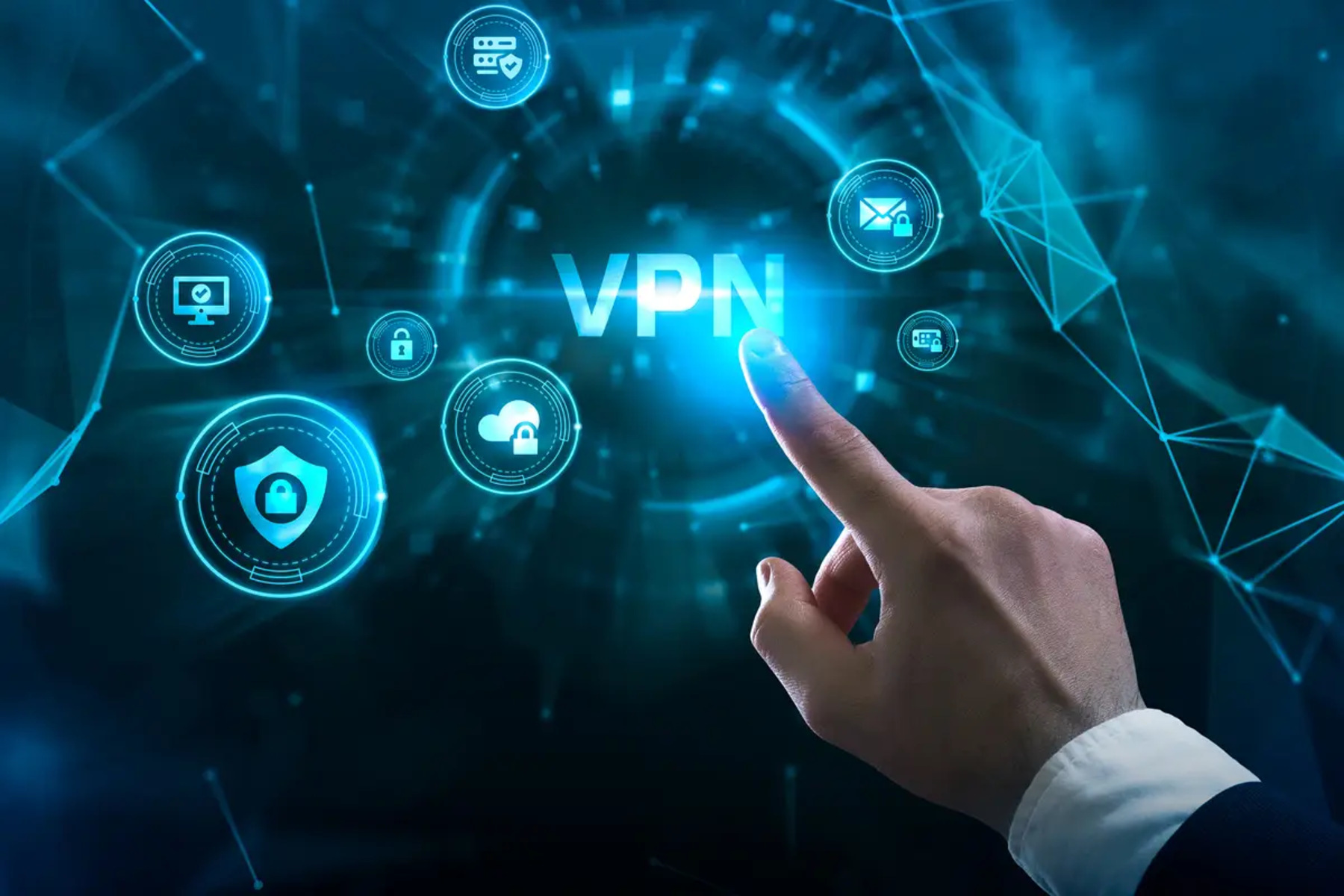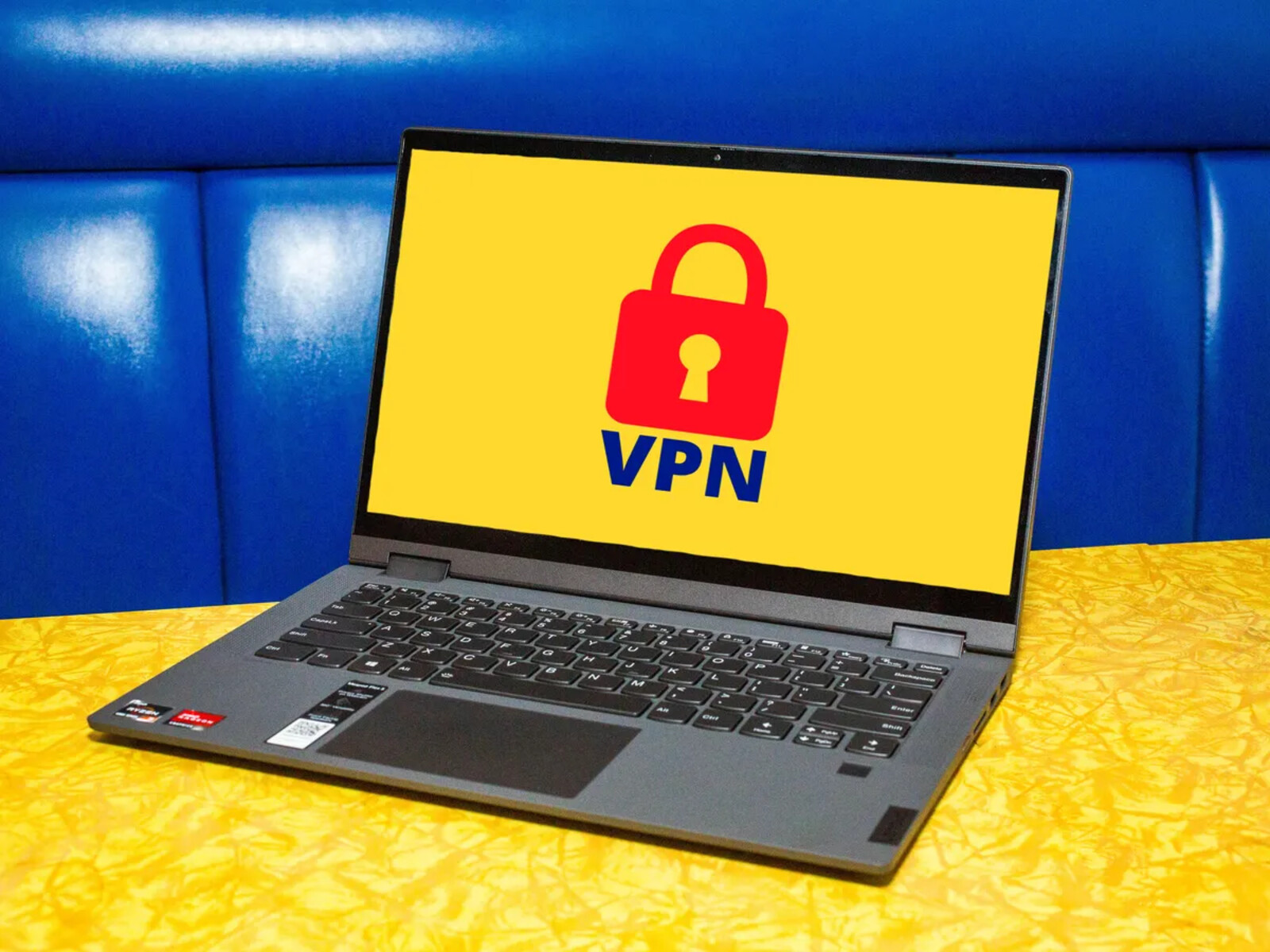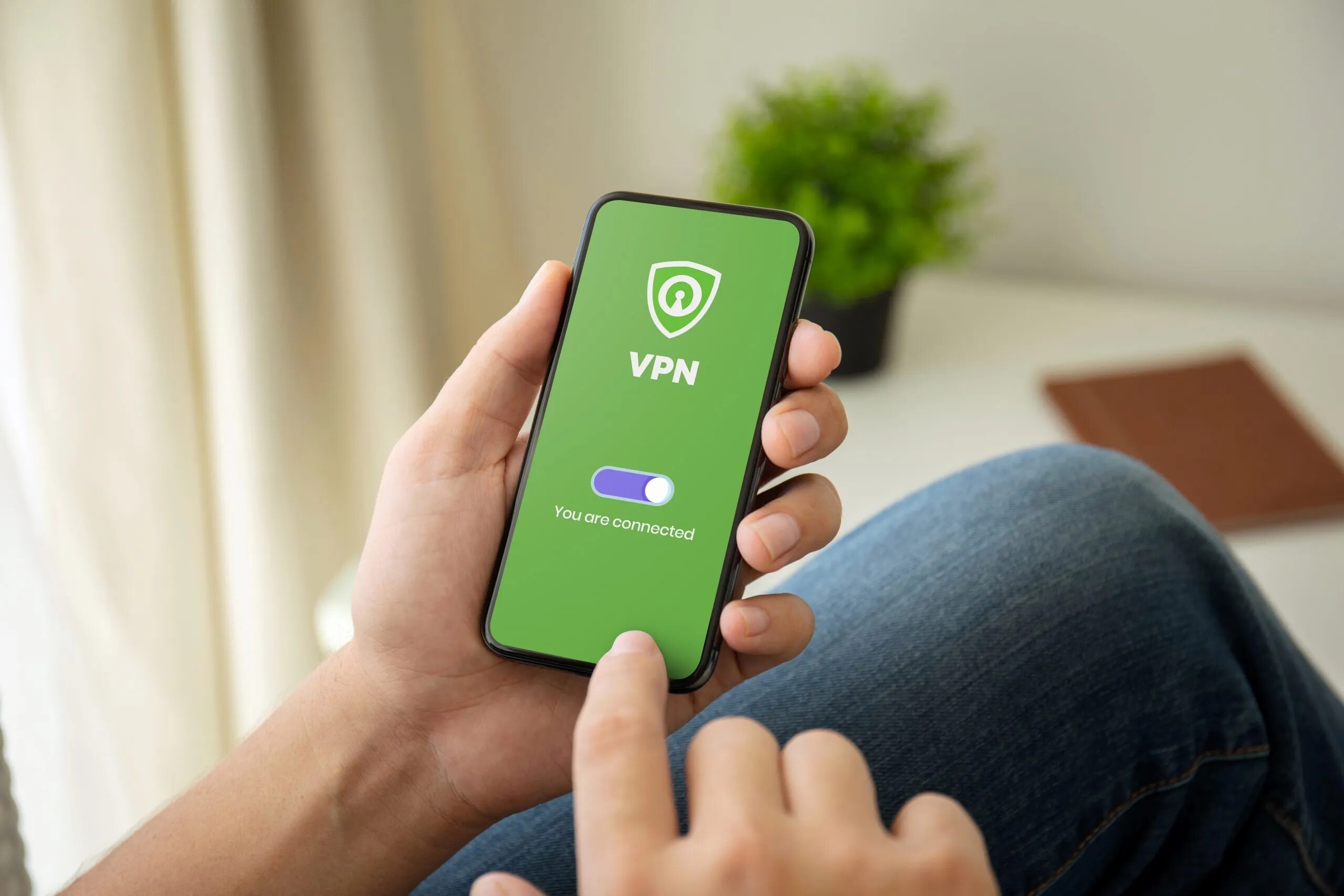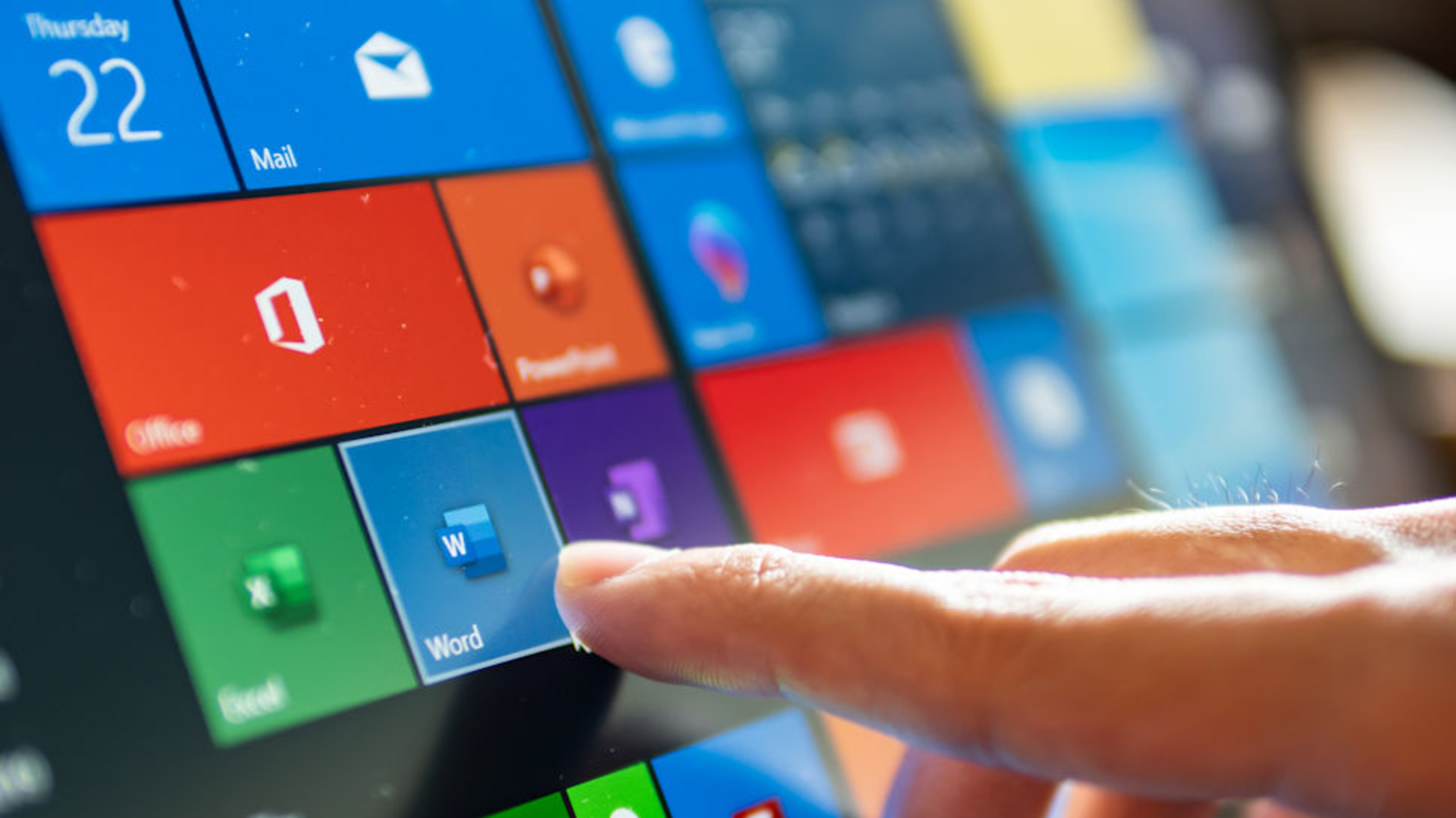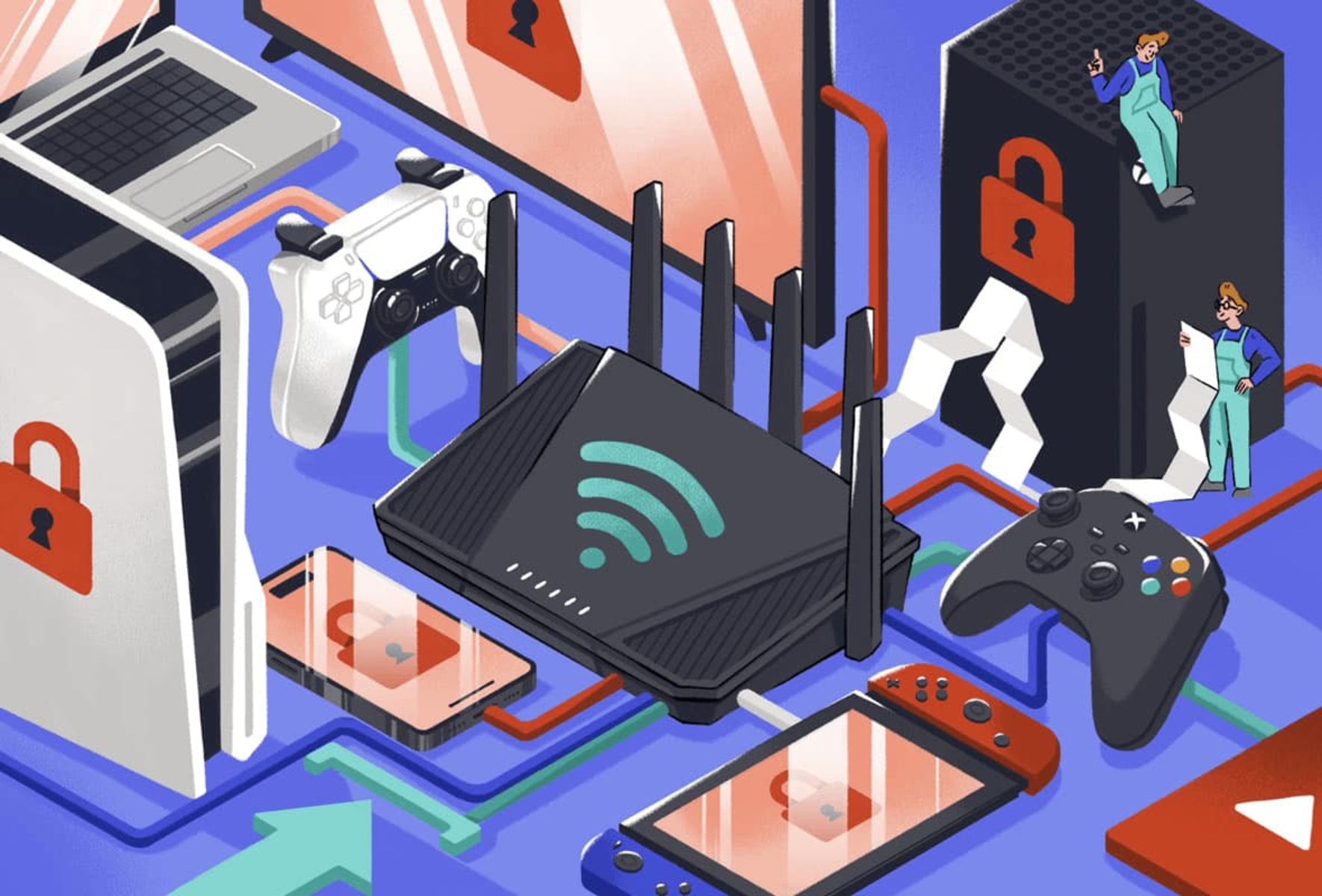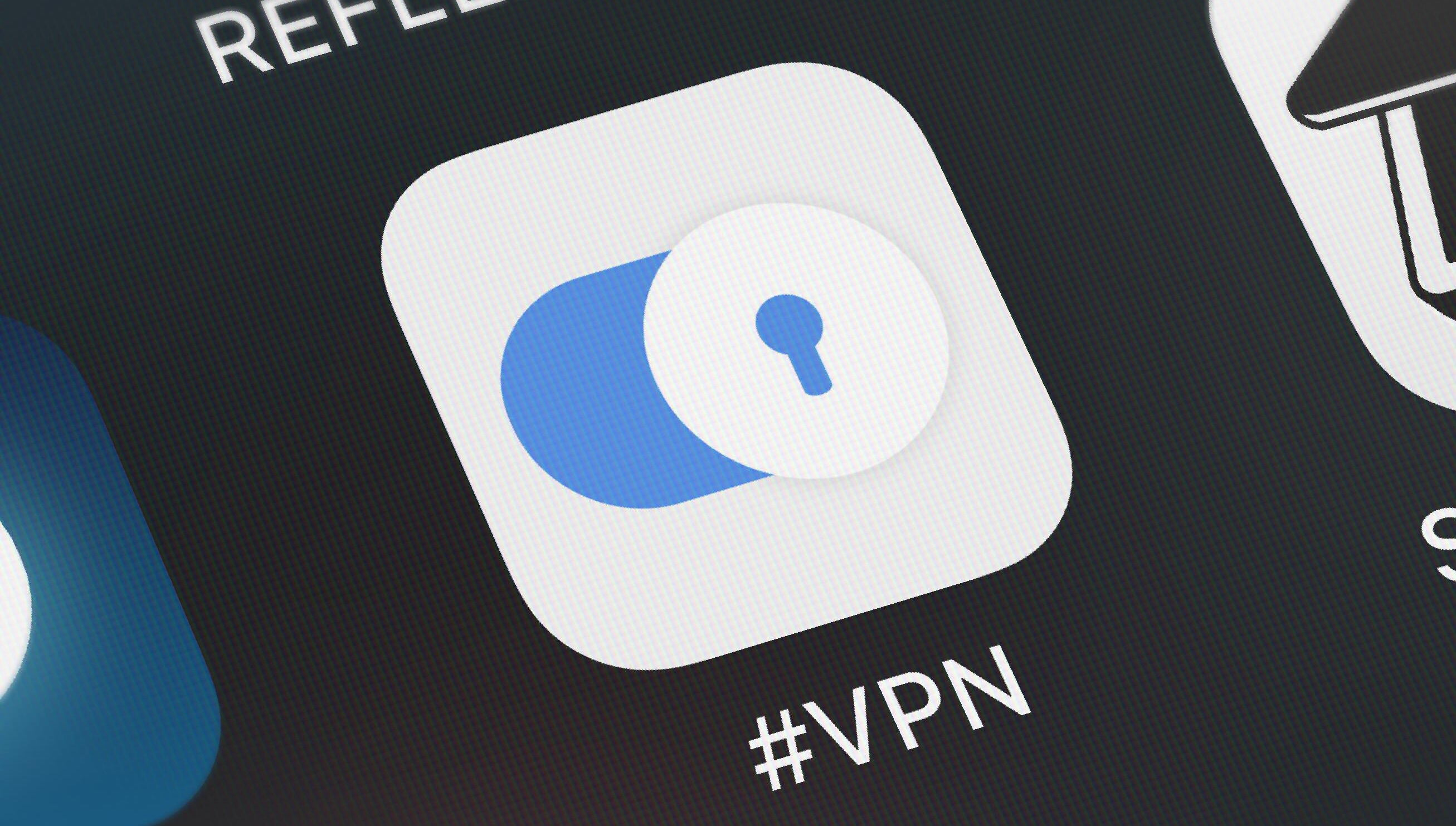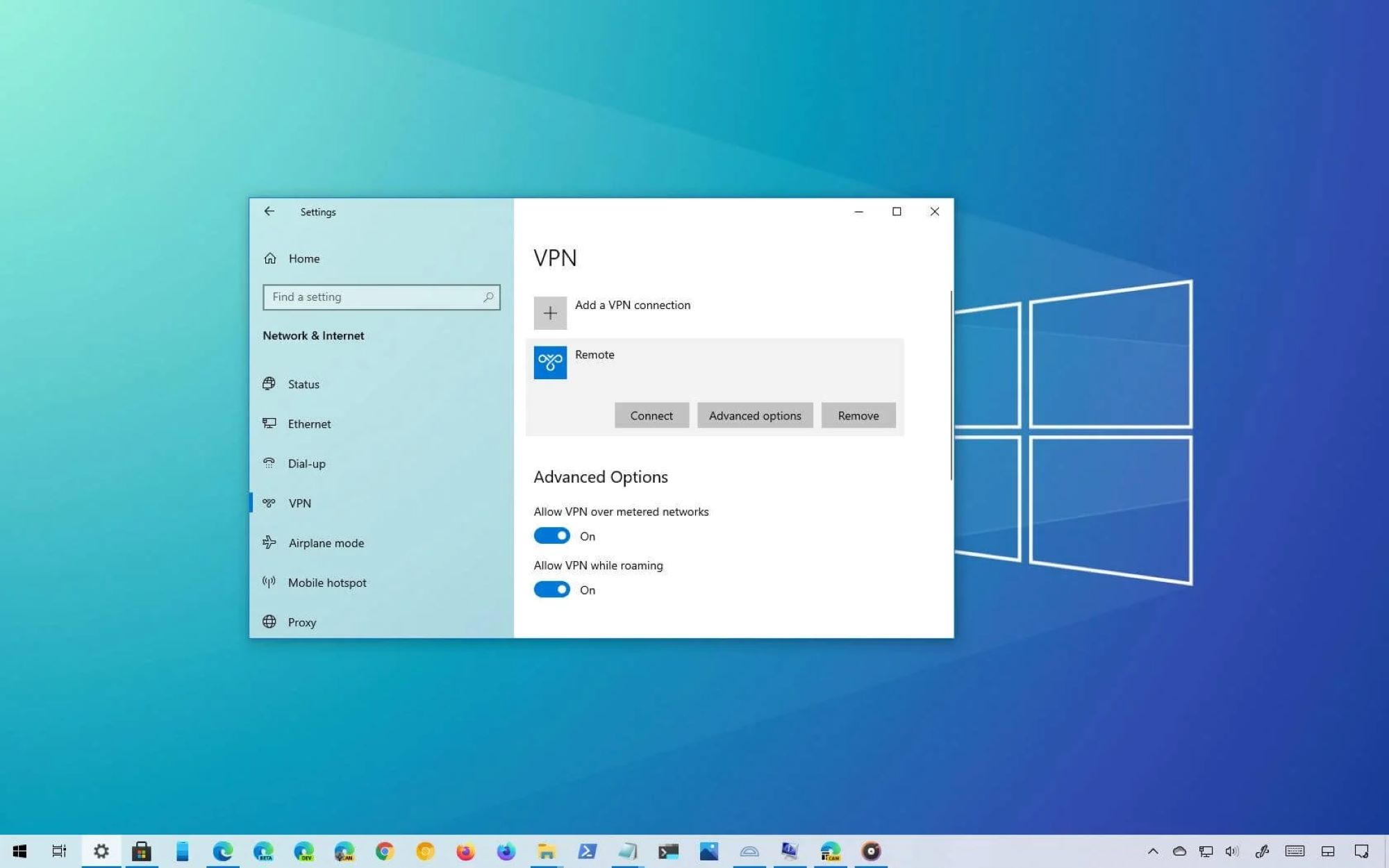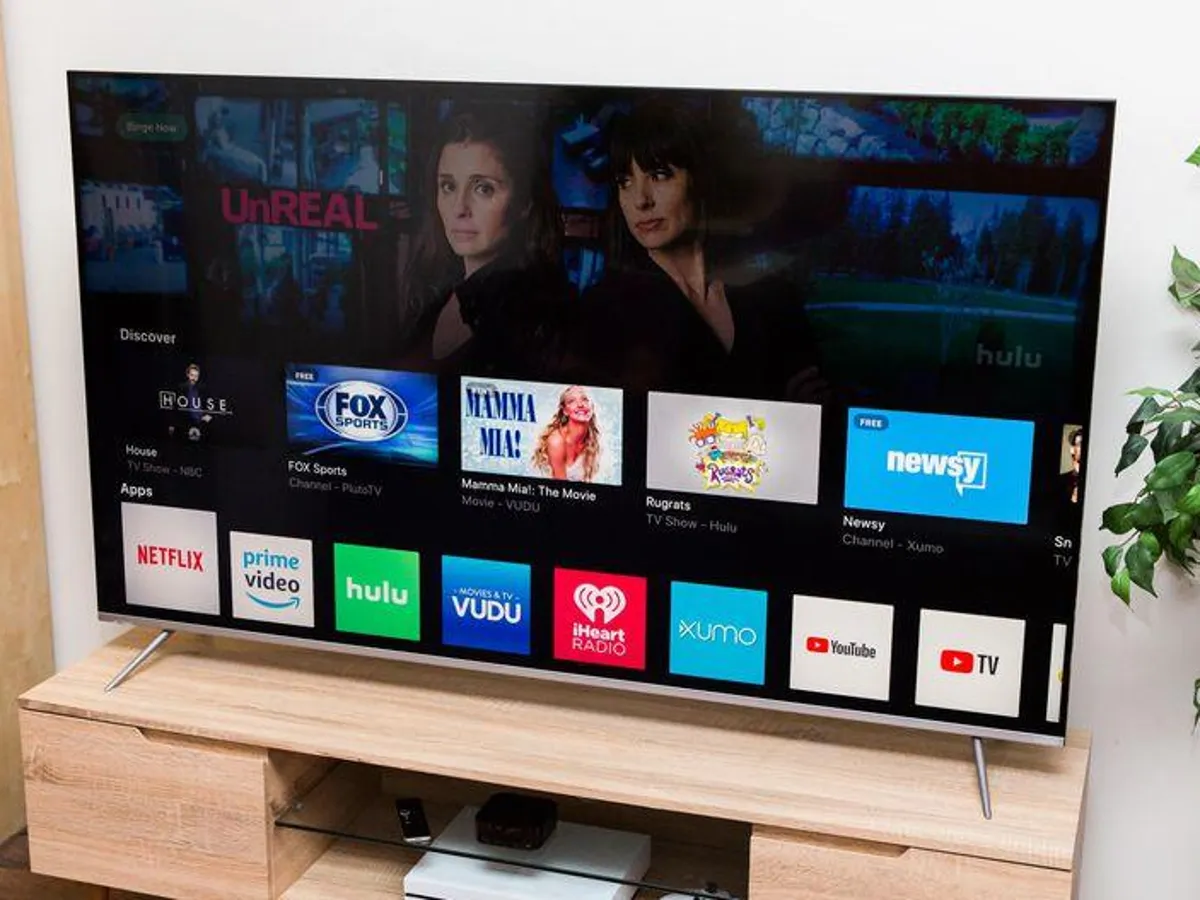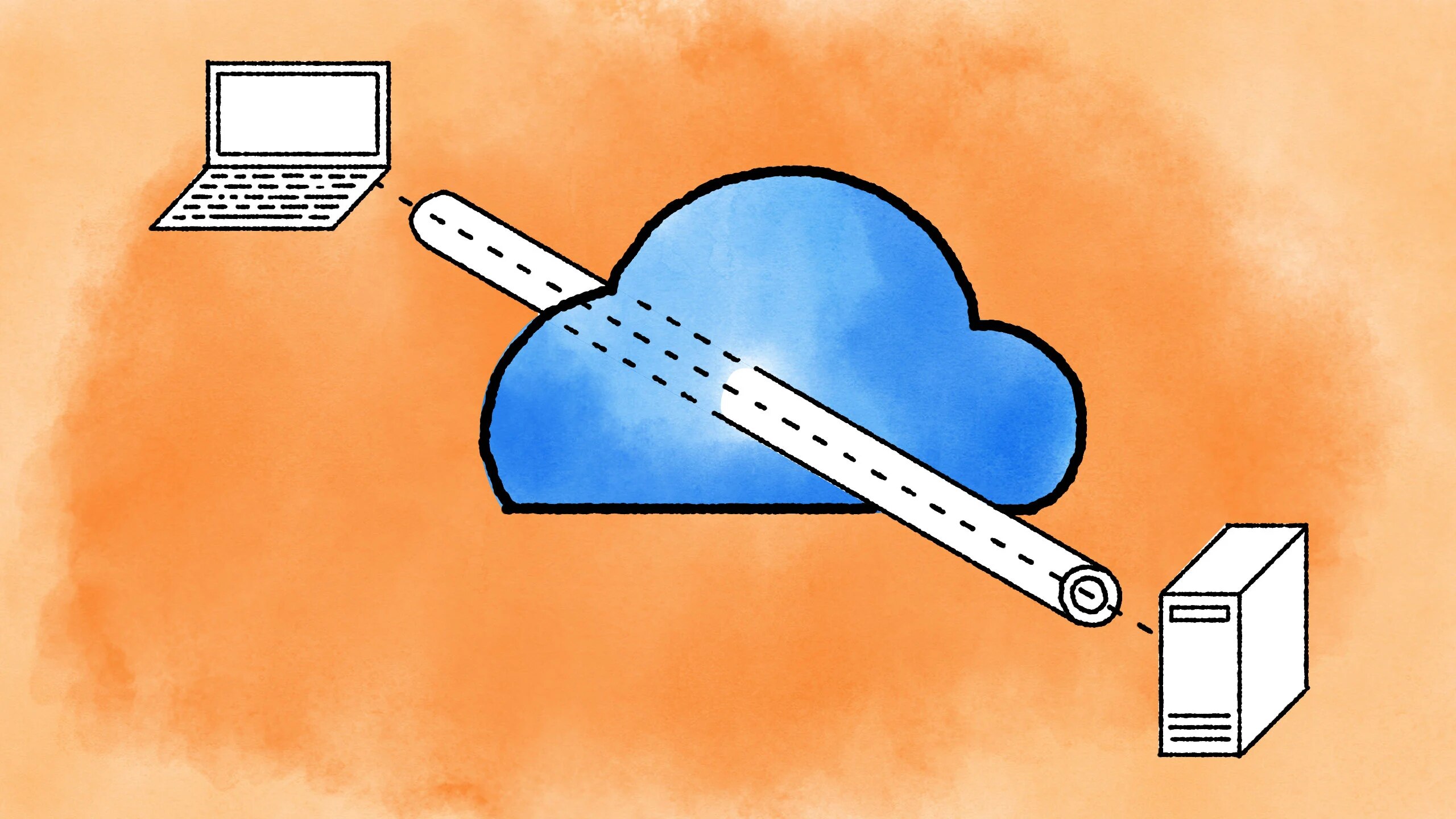What is a VPN?
A Virtual Private Network (VPN) is a technology that allows you to create a secure and private connection over a public network, such as the internet. It enables you to access the internet while keeping your online activities private and your data encrypted.
When you connect to a VPN, it acts as a secure tunnel between your device and the VPN server. This means that all your internet traffic travels through an encrypted channel, making it difficult for anyone, including hackers, to intercept and decipher your data.
A VPN also masks your IP address, which is a unique identifier that can reveal your approximate location and online activities. By replacing your IP address with the IP address of the VPN server, you can browse the internet anonymously, making it harder for websites, advertisers, and other third parties to track your online behavior.
Furthermore, a VPN allows you to bypass geo-restrictions and access content that may be blocked in your region. For example, if a website or streaming service is only available in certain countries, you can connect to a VPN server in one of those countries to gain access. This can be particularly useful for accessing region-locked streaming platforms or securely accessing your online banking services while traveling abroad.
It’s important to note that a VPN does not make you completely anonymous online. While it does provide an extra layer of security and privacy, your internet service provider (ISP) may still be able to monitor your online activity. Additionally, it’s crucial to choose a reputable VPN provider that has a strict no-logs policy to ensure that your online activities are not being logged or tracked.
In summary, a VPN is a powerful tool that enhances your online security and privacy. It creates a secure connection, encrypts your data, masks your IP address, and allows you to bypass restrictions. Whether you’re concerned about protecting your personal information, accessing blocked content, or simply browsing the internet more securely, a VPN can provide the necessary protection.
How does a VPN work?
A Virtual Private Network (VPN) works by creating a secure and encrypted connection between your device and the internet. It functions as a middleman between you and the websites or services you access, ensuring that your data remains private and your online activities are protected.
When you connect to a VPN, it establishes a secure tunnel by encrypting your data before it leaves your device. This encryption process essentially scrambles your information, making it unreadable to anyone who intercepts it. The encrypted data is then transmitted over the internet to the VPN server.
The VPN server acts as a gateway to the internet. It decrypts the data received from your device and forwards it to the intended destination, such as a website or online service. This process is done in reverse when the server receives a response from the destination—it encrypts the data and sends it back to your device through the secure tunnel.
By using encryption, a VPN ensures that your internet traffic cannot be intercepted or accessed by unauthorized individuals, such as hackers or government agencies. Even if someone manages to intercept the data, they will only see encrypted gibberish, rendering it useless.
In addition to encryption, a VPN also masks your IP address. Instead of connecting to the internet with your real IP address, which can reveal your location and online activities, the VPN assigns you a new IP address from its pool of server locations. This makes it appear as though you’re accessing the internet from a different location, enhancing your anonymity and bypassing any geo-restrictions that may be in place.
When your data travels through a VPN, it does create some overhead. This means that using a VPN may result in slightly slower connection speeds compared to a direct connection. However, reputable VPN providers use high-speed servers to minimize any noticeable impact on your browsing experience.
In summary, a VPN works by encrypting your data, routing it through a secure tunnel to a VPN server, and then forwarding it to its intended destination. It masks your IP address and ensures that your online activities remain private. By using a VPN, you can browse the internet more securely and access geo-restricted content with ease.
Benefits of using a VPN
Using a Virtual Private Network (VPN) offers several advantages that contribute to a safer, more private, and more versatile online experience.
- Enhanced security: One of the main benefits of using a VPN is the enhanced security it provides. By encrypting your internet traffic, a VPN ensures that your sensitive data, such as passwords, credit card information, and personal details, remains protected from potential hackers and cybercriminals.
- Privacy protection: With a VPN, your online activities are shielded from prying eyes. The encryption and masking of your IP address prevent ISPs, government agencies, and website trackers from monitoring your browsing habits, allowing you to maintain your privacy while surfing the web. It’s especially crucial when using public Wi-Fi networks, which are often vulnerable to attacks.
- Bypassing censorship and geo-restrictions: A VPN allows you to surpass censorship and access geo-restricted content. Whether it’s watching your favorite streaming services, accessing social media platforms, or visiting websites that may be blocked in your country, a VPN can help you bypass these restrictions and enjoy online content freely.
- Secure remote access: If you frequently work remotely or need to access sensitive company resources while on the go, a VPN ensures that your connection to your work network is secure. It encrypts your communication, safeguarding your data from potential breaches and ensuring that your remote work is conducted safely.
- Anonymous file sharing: When you use a VPN for file sharing, it adds an extra layer of anonymity. By masking your IP address and encrypting your connection, you can securely share files without worrying about your online activities being traced back to you.
- Safe online shopping: With the increasing prevalence of online shopping, security is paramount. By using a VPN, you can protect your personal and financial information when making online purchases. The encryption provided by the VPN ensures that your data remains secure, preventing potential eavesdropping and identity theft.
Overall, a VPN offers numerous benefits that significantly enhance your online experience. From increased security and privacy protection to bypassing restrictions and enjoying unrestricted internet access, the advantages of using a VPN make it an essential tool for anyone concerned about their online safety and freedom.
When should you use a VPN?
While using a Virtual Private Network (VPN) can bring many benefits, there are specific situations where it is especially important to utilize this technology for added security, privacy, and convenience.
- Public Wi-Fi networks: Whenever you connect to a public Wi-Fi network, such as those found in cafes, airports, or hotels, using a VPN is highly recommended. Public networks are often unsecured, making them a prime target for hackers to intercept your data. By using a VPN, you can encrypt your connection and protect your sensitive information from being compromised.
- Traveling abroad: When traveling to another country, using a VPN is essential. It enables you to access websites and services that may be blocked in the country you’re visiting. Additionally, a VPN allows you to browse the internet as if you were in your home country, ensuring that your online activities remain private and unrestricted.
- Downloading and file sharing: If you engage in downloading or file sharing activities, a VPN is highly recommended. Many internet service providers (ISPs) monitor and throttle P2P network traffic. By using a VPN, your activities are encrypted and hidden, providing an extra layer of security and preventing your ISP from tracking and limiting your connection.
- Privacy-conscious browsing: If you value your privacy and want to maintain control over your online activities, using a VPN at all times is a good practice. It prevents your ISP from tracking your browsing habits, blocks targeted advertising, and ensures that your internet traffic remains private and secure.
- Accessing geo-restricted content: If you want to access content that is only available in certain regions, a VPN is a crucial tool. By connecting to a VPN server in the desired country, you can bypass geo-restrictions and enjoy unrestricted access to streaming services, websites, and online platforms.
- Working remotely: If your job involves remote work or requires accessing your company’s network from outside the office, using a VPN is a must. It establishes a secure connection between your device and your company’s network, ensuring that your sensitive data and communications are protected from potential breaches.
It’s worth noting that while a VPN offers added security and privacy, it may slightly impact your internet connection speed due to the encryption process. Therefore, it is recommended to use a VPN when necessary and disable it when not required to maximize your internet speed.
In summary, using a VPN is recommended in situations such as connecting to public Wi-Fi networks, traveling abroad, downloading or file sharing, privacy-conscious browsing, accessing geo-restricted content, and working remotely. By utilizing a VPN in these scenarios, you can ensure a safer and more convenient online experience.
Types of VPN Protocols
Virtual Private Networks (VPNs) utilize various protocols to establish secure and encrypted connections between your device and the VPN server. These protocols determine how your data is transmitted and protected. Let’s explore some of the common types of VPN protocols:
- OpenVPN: OpenVPN is one of the most widely used and highly regarded VPN protocols. It is an open-source protocol that combines strong security with high performance. OpenVPN uses standard encryption algorithms and offers great flexibility, making it compatible with various platforms and operating systems.
- IPsec (Internet Protocol Security): IPsec is a widely used protocol suite that operates at the network layer of the OSI model. It provides secure communication by encapsulating the IP packets and encrypting the data within them. IPsec is known for its strong security features and is commonly used in site-to-site VPNs for connecting remote offices.
- SSTP (Secure Socket Tunneling Protocol): Developed by Microsoft, SSTP is a protocol that provides secure communication over the SSL/TLS protocol. It is primarily used for Windows devices and is known for its ability to bypass firewalls since it uses the standard HTTPS port (443). SSTP offers strong encryption and is relatively easy to set up.
- L2TP/IPsec (Layer 2 Tunneling Protocol/IPsec): L2TP with IPsec is a protocol combination that provides a high level of security. L2TP creates a tunnel for data transportation, while IPsec provides encryption and authentication. It is commonly supported by many devices and operating systems, making it a popular choice for VPN connections.
- PPTP (Point-to-Point Tunneling Protocol): PPTP is an older VPN protocol that offers relatively fast speeds and is easy to set up. However, it is less secure compared to other protocols and is not recommended for sensitive data transmission. PPTP is still supported by many devices but has become less popular due to its security vulnerabilities.
- WireGuard: WireGuard is a newer VPN protocol known for its simplicity, efficiency, and modern security features. It aims to be faster and more secure than traditional protocols while maintaining a minimal codebase. WireGuard is gaining popularity but may not be as widely supported as other protocols at this time.
Each VPN protocol has its own strengths and weaknesses, and the choice of protocol depends on the specific needs and preferences of the user. It’s important to ensure that the VPN service you choose supports the protocol that best suits your requirements, ensuring a secure and reliable VPN connection.
Choosing the Right VPN Service
When selecting a Virtual Private Network (VPN) service, it’s important to consider various factors to ensure you choose the right one for your needs. With the abundance of options available, here are some key points to keep in mind:
- Security and Privacy: Look for a VPN service that prioritizes security and has robust encryption protocols in place. Additionally, ensure that the VPN provider has a strict no-logs policy, meaning they do not store any logs of your online activities.
- Server Network: Consider the size and spread of the VPN’s server network. The more servers and diverse locations they have, the better chances of unblocking geo-restricted content and maintaining faster connection speeds. A widespread server network also allows for greater versatility in accessing content from different regions.
- Connection Speed: VPNs may slightly impact your internet connection speed due to the encryption and routing processes. Choose a VPN service that offers fast and stable connections, ideally with high-speed servers in various locations.
- Device Compatibility: Ensure that the VPN service supports the devices and operating systems you plan to use it on. Whether it’s Windows, Mac, iOS, Android, or other platforms, verify that there are dedicated apps or setup guides available for your devices.
- Customer Support: It’s always beneficial to have reliable customer support in case you encounter any issues or have questions about your VPN service. Look for VPN providers that offer responsive customer support through various channels, such as live chat, email, or phone.
- Price and Plans: Consider the pricing plans and subscription options offered by different VPN providers. While price is an important factor, it’s advisable to prioritize quality and features over going for the cheapest option. Look for providers that offer competitive pricing with flexible plans and transparent refund policies.
- Additional Features: Some VPN services may offer additional features like ad-blocking, malware protection, split tunneling, or specialized servers for specific purposes, such as streaming or torrenting. Assess these features and determine if they align with your specific needs.
- User Reviews and Reputation: Read reviews and feedback from users to gauge the reputation and reliability of the VPN service. This can provide insights into the quality of service, speed, customer support, and overall user experience.
Taking these factors into account and conducting thorough research will help you narrow down your options and choose a VPN service that meets your requirements. Ultimately, finding the right VPN service is crucial for ensuring a secure and private online experience.
Setting up a VPN Connection
Setting up a Virtual Private Network (VPN) connection is typically a straightforward process. While the specific steps may vary depending on the VPN service and the device or operating system you are using, the general setup process involves the following:
- Choose a VPN service: Select a reputable VPN provider that meets your needs in terms of security, privacy, server network, and device compatibility. Sign up for a subscription and obtain your VPN credentials, including your username and password.
- Download the VPN app: Most VPN services offer dedicated applications for various devices and operating systems. Visit the VPN provider’s website or the respective app store and download the relevant app for your device.
- Install and launch the app: Once the download is complete, install the VPN app and launch it on your device. If prompted, enter your VPN credentials (username and password) to log in to your account.
- Select a server location: Within the VPN app, you will typically have the option to choose a server location. This selection is important if you want to access region-restricted content or want to optimize your connection speed based on your location.
- Connect to the VPN: Click the “Connect” or “On” button within the VPN app to establish a connection to the VPN server. The app will handle the encryption process, routing your internet traffic through the secure VPN tunnel.
- Verify your connection: After the VPN connection is established, you should see a confirmation within the app indicating a successful connection. Additionally, you can visit websites like “whatismyip.com” to verify that your IP address has changed to the one provided by the VPN server.
- Customize settings (optional): Depending on the VPN app and your preferences, you may have the option to customize settings such as the VPN protocol, auto-connect options, or other advanced features. Explore the app’s settings to tailor the VPN experience to your liking.
- Disconnect from the VPN: When you no longer need the VPN connection, simply open the VPN app and click the “Disconnect” or “Off” button to terminate the connection. This will restore your internet traffic to its normal routing.
It’s important to note that the steps provided here are general guidelines, and the specific setup process may differ depending on the VPN service and the device or operating system you are using. If you encounter any difficulties or need assistance, consult the VPN provider’s support documentation or reach out to their customer support for guidance.
By following these steps, you can successfully set up and establish a VPN connection, ensuring a secure and private online experience.
Common Misconceptions about VPNs
Virtual Private Networks (VPNs) have become increasingly popular for their ability to enhance online security and privacy. However, there are several common misconceptions surrounding VPNs that can lead to confusion or misunderstanding. Let’s address some of these misconceptions:
- VPNs make you completely anonymous: While VPNs provide an extra layer of privacy by hiding your IP address and encrypting your connection, they do not make you completely anonymous. Your internet service provider (ISP) can still see that you are using a VPN, and if not properly configured, VPNs might leak some identifiable information.
- VPNs are only for tech-savvy individuals: While setting up a VPN may seem complicated, most VPN providers offer user-friendly apps that make the process simple and accessible to all users. You don’t need to be a tech expert to use a VPN effectively.
- Using a VPN guarantees 100% security: While VPNs provide added security and encryption, they cannot protect against all potential threats. It’s important to use best security practices, such as keeping your devices and software updated, using strong passwords, and being cautious while clicking on suspicious links or downloading files.
- VPNs always slow down your internet speed: While it’s true that using a VPN can slightly impact your internet speed, reputable VPN providers use high-speed servers to mitigate any noticeable slowdown. Choosing a VPN with a robust infrastructure and optimized servers can help maintain fast and reliable connection speeds.
- Free VPNs are just as good as paid ones: While free VPNs may have their advantages, such as cost-saving, they often come with limitations, such as restricted server networks, slower speeds, or limited bandwidth. Additionally, some free VPNs may engage in data logging or sell user data, compromising privacy. Paid VPN services, on the other hand, generally offer higher security standards and better performance.
- VPNs are only for accessing restricted content: While VPNs are commonly used to bypass geo-restrictions and access region-locked content, their benefits extend beyond this. VPNs provide added security and privacy, making them valuable tools for safeguarding your personal information and ensuring a secure connection, especially on public Wi-Fi networks.
- VPNs are illegal: The legality of VPN usage varies from country to country. While some countries may restrict or ban the use of VPNs, in most regions, VPN usage is legal and widely accepted. It’s important to understand the legal implications of using a VPN in your specific jurisdiction.
It’s crucial to separate fact from fiction when it comes to VPNs. Understanding these common misconceptions helps you make informed decisions about using a VPN and harnessing its benefits for your online security and privacy.
VPN Security and Privacy Considerations
While Virtual Private Networks (VPNs) offer enhanced security and privacy, it’s important to understand certain considerations to ensure you make the most of their protective features. Here are some key security and privacy considerations when using a VPN:
- Choose a reputable provider: Selecting a trustworthy VPN provider is crucial. Look for providers with a proven track record, good reviews, and a transparent privacy policy. Avoid free or unknown VPN services, as they may compromise your security or sell your data.
- Encryption strength: Make sure your VPN uses strong encryption protocols, such as AES-256. This ensures that your data remains secure and unreadable to unauthorized individuals attempting to intercept it.
- VPN logging policy: Check the VPN provider’s logging policy. Ideally, a good VPN will have a strict no-logs policy, meaning they do not store any information about your online activities. This helps ensure your privacy and prevents the possibility of your data being accessed or handed over to third parties.
- Kill switch functionality: Look for VPNs that offer a kill switch feature. A kill switch automatically disconnects your internet connection if the VPN connection drops, preventing your data from being exposed without VPN protection.
- Secure protocols: Opt for VPN services that use secure protocols, such as OpenVPN or IPsec. These protocols provide strong encryption and are widely regarded as secure options.
- Server location and jurisdiction: Consider the server locations and the jurisdictions in which the VPN provider operates. Some jurisdictions may have data retention laws or intelligence-sharing agreements that could impact the privacy of your data. Choosing a VPN provider based in a privacy-friendly jurisdiction can add an extra layer of protection.
- Leak protection: Ensure your VPN has built-in leak protection to prevent any potential IP, DNS, or WebRTC leaks. These leaks can inadvertently expose your true IP address or other identifying information, compromising your anonymity.
- Regular updates: Select a VPN provider that regularly updates their software and infrastructure. Regular updates and patches help keep your VPN secure by addressing any security vulnerabilities or flaws that may arise.
- Public Wi-Fi usage: When using public Wi-Fi networks, always connect to a VPN for added security. Public networks are often unencrypted, making them prime targets for attackers. A VPN encrypts your data, protecting it from potential eavesdropping and ensuring your online activities remain private.
By considering these security and privacy factors, you can make informed decisions when choosing a VPN provider and effectively protect your online activities, personal information, and browsing privacy.
Frequently Asked Questions about VPNs
Virtual Private Networks (VPNs) are powerful tools that can enhance your online security and privacy. Here are some common questions and answers to help clarify any doubts you may have:
- Is using a VPN legal? VPN legality varies from country to country. In most regions, VPN usage is legal, but there are exceptions. It is important to familiarize yourself with the laws and regulations regarding VPN usage in your specific jurisdiction.
- Do I need to be tech-savvy to use a VPN? No, you do not need to be tech-savvy to use a VPN. Most VPN providers offer user-friendly apps that make the setup and connection process simple and accessible to all users.
- Can I use a VPN on multiple devices? Yes, most VPN providers allow simultaneous connections on multiple devices using a single account. However, the number of simultaneous connections may vary depending on the provider and subscription plan.
- Can I use a VPN to stream geo-blocked content? Yes, a VPN can help you bypass geo-restrictions and access content that is blocked in your region. By connecting to a VPN server in a different country, you can appear as if you are accessing the internet from that location, enabling you to access region-restricted content.
- Does a VPN protect me from viruses and malware? While VPNs provide encryption and secure your internet connection, they do not offer direct protection against viruses and malware. To protect yourself from viruses, it is recommended to use reliable antivirus software and practice safe browsing habits.
- Can I use a VPN on my mobile device? Yes, VPNs are compatible with most mobile devices, including smartphones and tablets. VPN providers typically offer dedicated apps for various mobile platforms, allowing you to secure your internet connection on the go.
- Do I need to turn on the VPN every time I go online? It is recommended to turn on the VPN whenever you connect to the internet, especially when using public Wi-Fi networks or accessing sensitive information. This ensures that all your internet traffic is encrypted and protected.
- Do VPNs guarantee 100% anonymity? While VPNs provide privacy and help anonymize your identity online, they are not foolproof. Your ISP may still see that you are using a VPN, and certain factors could potentially compromise your anonymity. It’s important to use best security practices in conjunction with a VPN for maximum privacy and anonymity.
- Are free VPNs as good as paid ones? While free VPNs may offer some advantages, such as cost savings, they often come with limitations, such as restricted server networks, slower speeds, or limited bandwidth. Paid VPN services generally offer higher security standards, better performance, and dedicated customer support.
- Are VPNs only useful for accessing blocked content? No, VPNs offer more than just accessing blocked content. They encrypt your data, protect your privacy, secure your connections on public Wi-Fi, and enable remote access to private networks, making them valuable for enhancing overall online security.
Hopefully, these frequently asked questions have addressed some of your concerns and provided clarity on common misconceptions surrounding VPNs. If you have any further questions, consult the VPN provider’s support documentation or reach out to their customer support for additional assistance.







